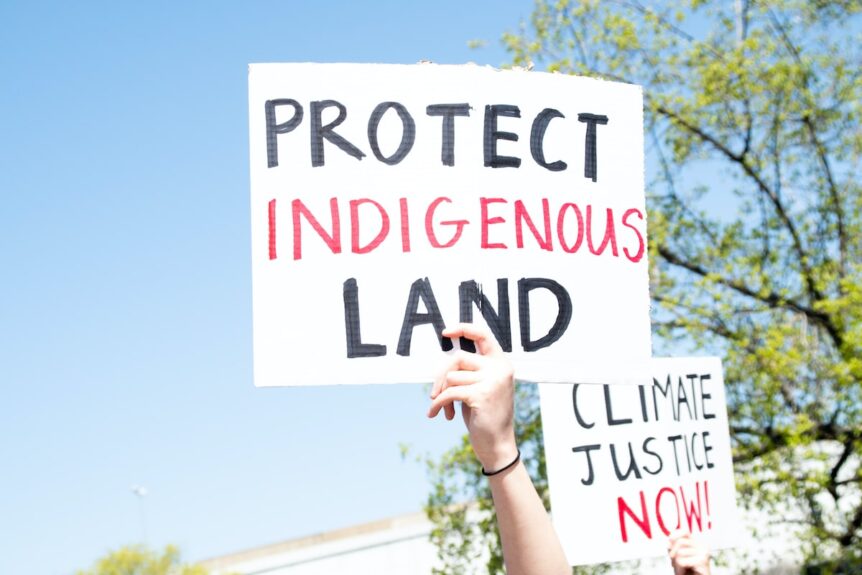Tens of millions of dollars will be apportioned to federal recognized Native American tribes across Washington state to support much-needed climate resiliency projects.
$52 Million Raised

Image Credit: Shutterstock / zaozaa19
32 tribal nations across Washington state are set to receive tens of millions of dollars funded by a landmark climate law, known as the 2021 Climate Commitment Act.
Developing Climate Resilience Projects

Image Credit: Shutterstock / PanuShot
$52 million raised by the law will be distributed across almost every Native American tribe in the state, to help them develop climate resiliency projects that aim to protest against rising sea levels and climate change.
Used for Varying Purposes

Image Credit: Shutterstock / THICHA SATAPITANON
The fund will be used in a number of ways depending on the needs of the tribe, but will largely be used to help move settlements further inland and to higher grounds, install solar panels, and restore tribal wetlands.
Climate Commitment Act

Image Credit: Shutterstock / AnnaStills
The 2021 Climate Commitment Act requires the state’s largest polluting companies to pay for emission allowances and offsets and uses the payments to fund climate resiliency, equity, and education projects, amongst others.
32 Tribes Eligible

Image Credit: Shutterstock / Wasan Tita
The 32 tribes eligible for funding include 28 federally recognized tribes located in the states, and 4 other states that possess lands located within the state.
Government Announces Funding

Image Credit: Shutterstock / zieusin
Washington state Gov. Jay Inslee made an appearance at the coastal Quinault Indian Reservation, where he announced the $52 million tribal climate fund.
Quinault Indian Nation
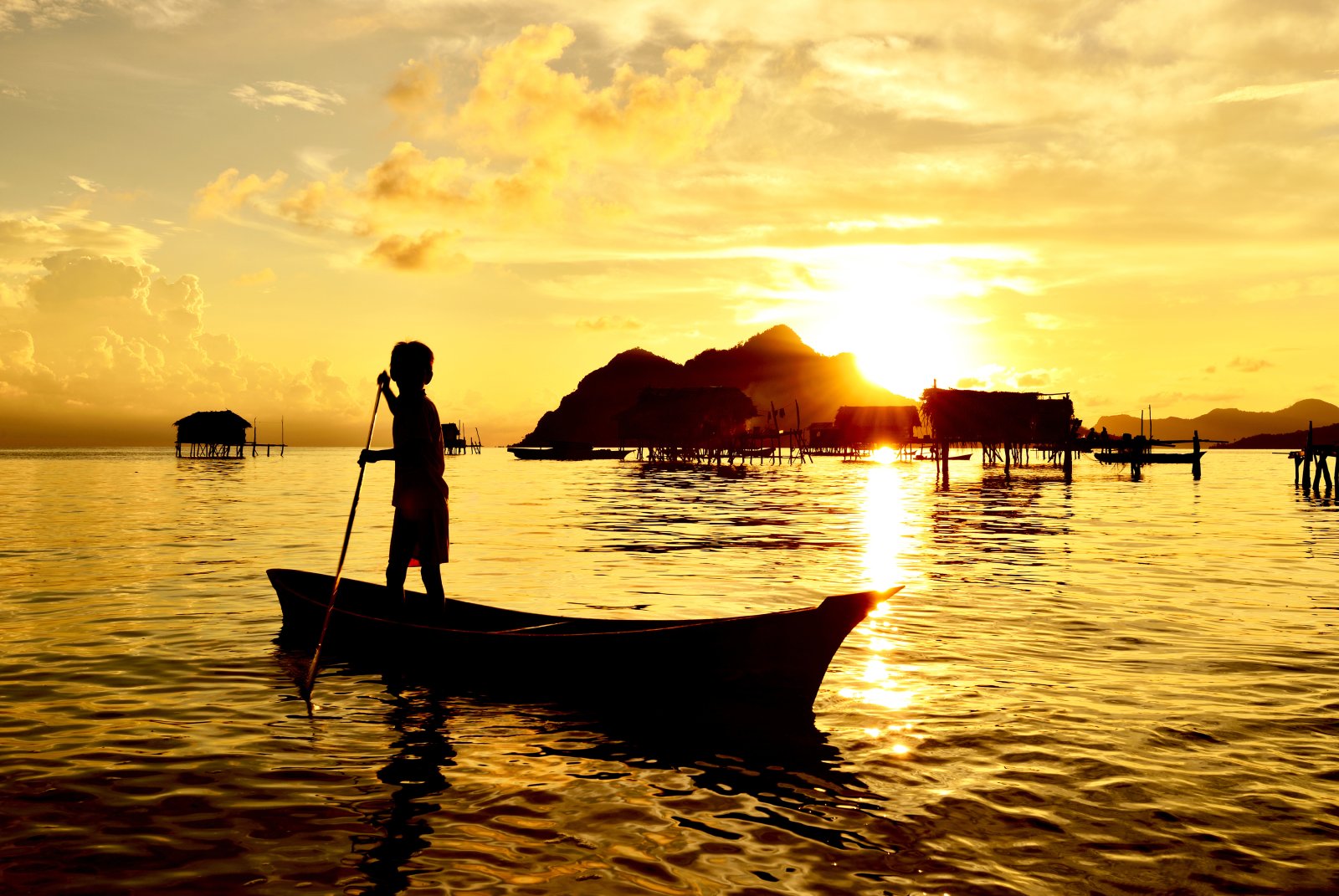
Image Credit: Shutterstock / Nokuro
The Quinault Indian Nation is one of the Washington tribes most threatened by climate change, as their main villages are located right along the Pacific coastline, putting them in danger of coastal flooding, tsunamis, and rising sea levels.
Relocating Threatened Villages

Image Credit: Shutterstock / Gorodenkoff
$13 million will go to the Quinault effort to relocate its two main villages, Taholah and Queets, out of the flooding and tsunami hazard zones. Part of one village is already located below sea level and has experienced significant flooding during storms.
Previously Insufficient Funding

Image Credit: Shutterstock / Freedomz
The Quinault tribe has already spent a decade engaging in this relocation process, but the limited funding it has received has been insufficient.
“It’s Very Inspirational”

Image Credit: Shutterstock / Salivanchuk Semen
“The Quinault is a perfect example of two things: people who are threatened by climate change, and people who are willing to do something about it and are confident in our ability to do something about it,” said Inslee. “So when I think about what you’re doing, it’s very inspirational to me.”
Tribe “Incredibly Grateful” for Funding

Image Credit: Shutterstock / wellphoto
“We are incredibly grateful for this funding allowing us to take a big step forward in our mission to get our people, our homes and our critical infrastructure out of harm’s way,” said Quinault Indian Nation President Guy Capoeman in a public statement.
Protecting Their Most Precious Resource
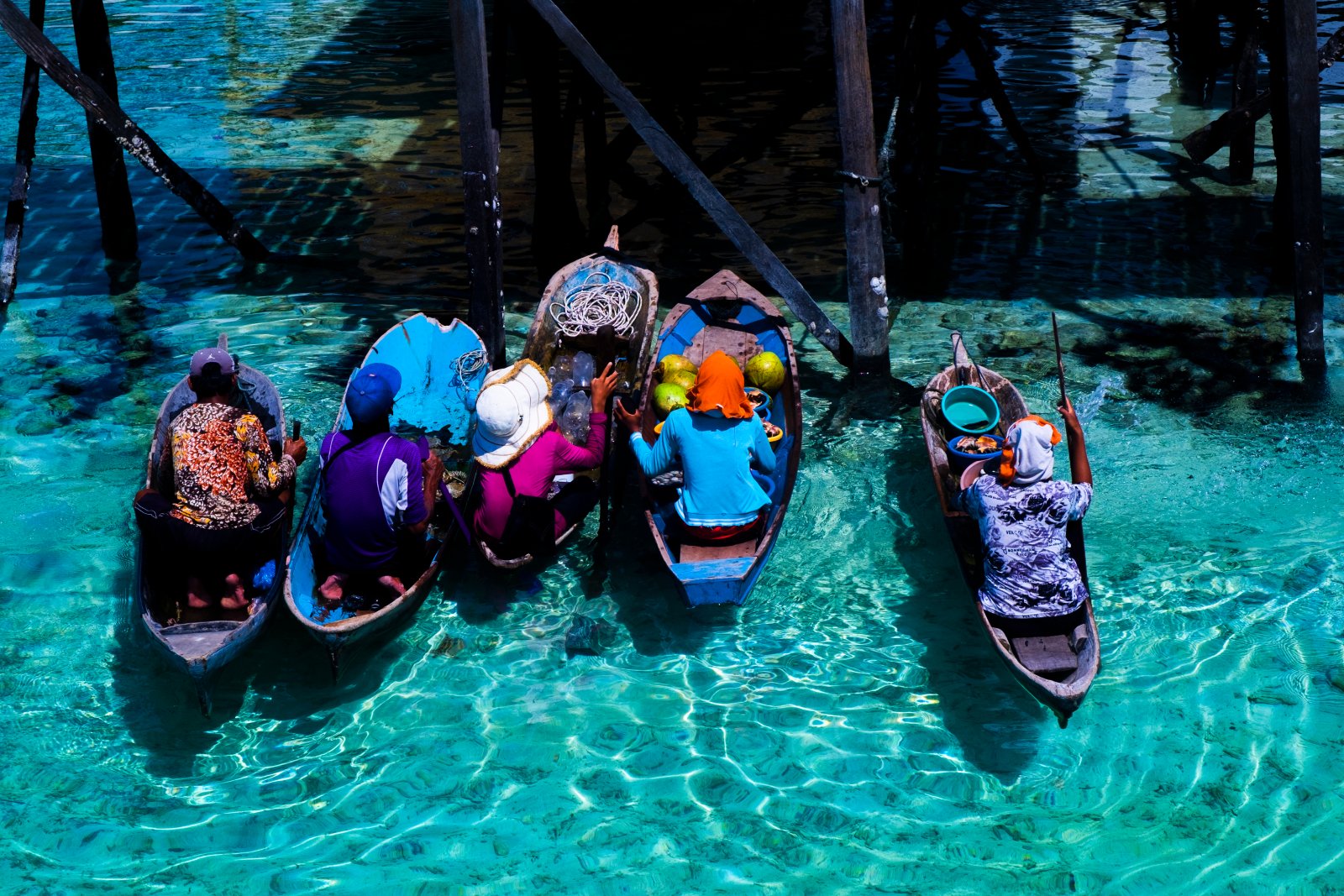
Image Credit: Shutterstock / airellizwan
“Funding for a new ‘Generations Building’ is truly a blessing,” he continued. “It will allow us to serve our elders and children, our most precious resource, in a safe space while providing an emergency shelter and operations base when we need to respond to inevitable flooding and other natural disasters that are part of life on the coast.”
Establishing Solar Energy Use

Image Credit: Shutterstock / narai chal
Other tribes, such as the Samish, Spokane, Makah, Tulalip and Swinomish, will receive funding to build solar energy facilities as well as capabilities for more energy security.
Vehicle Electrification
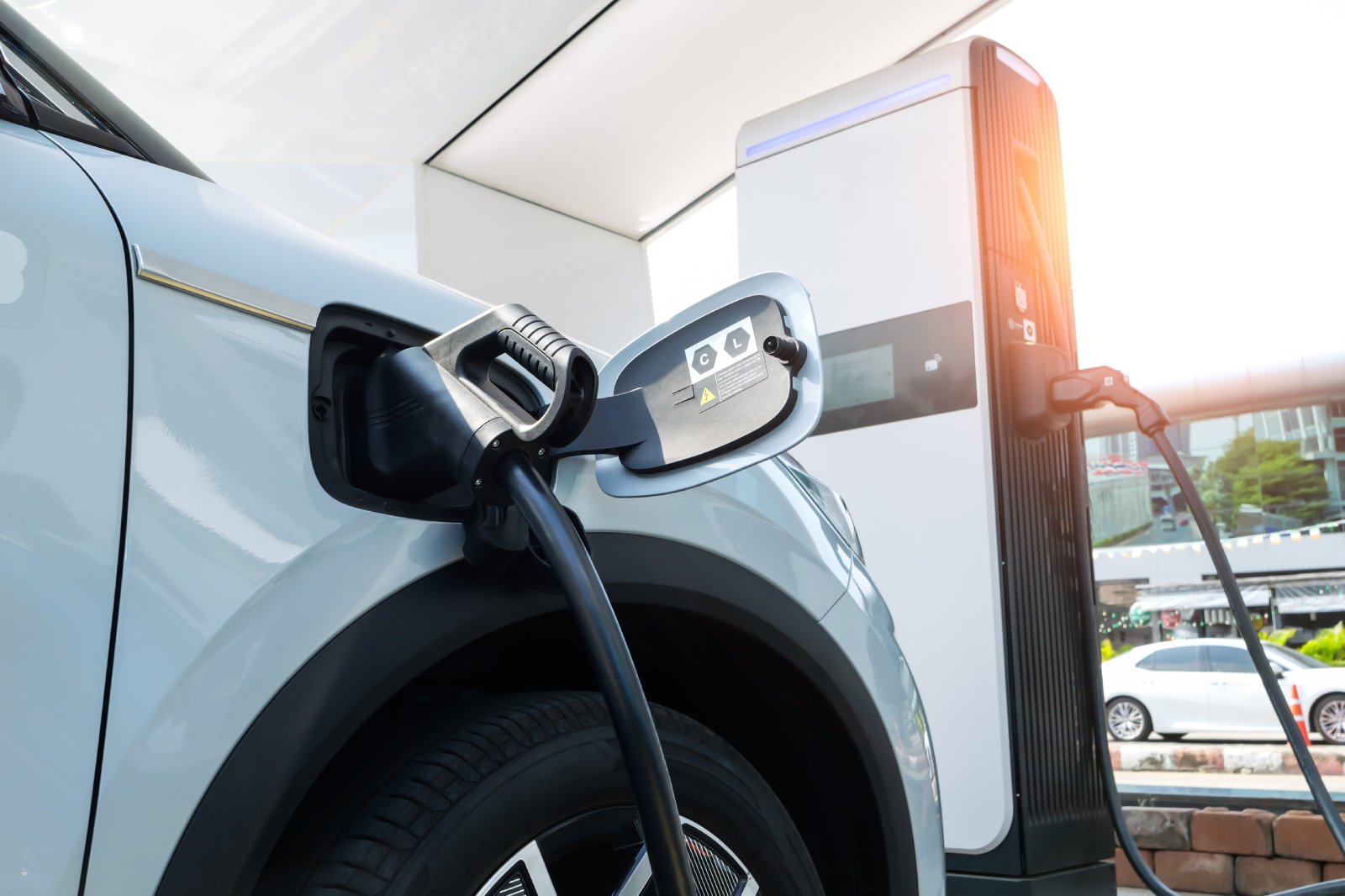
Image Credit: Shutterstock / JC_STOCKER
Tribes including the Hoh, Sauk-Suiattle, and Muckleshoot will focus on the electrification of tribal vehicles and charging stations.
Addressing Basic Needs

Image Credit: Shutterstock / SomYuZu
The grant will also allow some tribes to address basic needs outside of the direct purview of climate resiliency.
Weatherizing Homes

Image Credit: Shutterstock / Andrey_Popov
For example, the Skokomish Tribe, with reservation land along the Hood Canal, will receive $2.8 million in funding to help weatherize homes that have fallen into disrepair due to low-quality materials and poor building practices.
Enough for Now

Image Credit: Shutterstock / fizkes
The Skokomish still have other infrastructural issues that require funding – such as maintenance of septic systems near flood-heavy areas – but for now, repairing and weatherizing homes is a positive step toward defending against extreme weather.
Prioritizing Needs
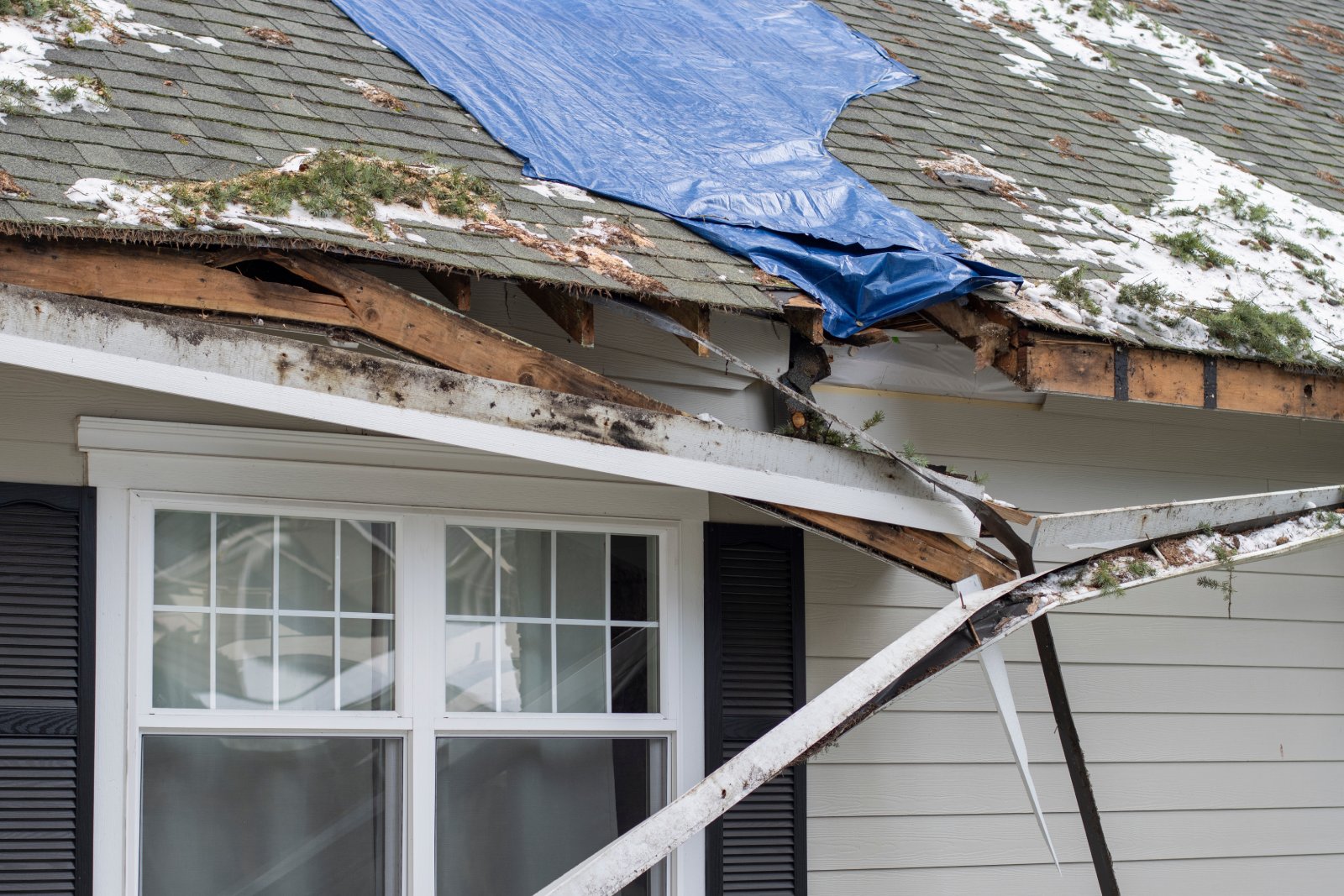
Image Credit: Shutterstock / Tada Images
“It’d be nice to give everybody a heat pump,” said Tom Strong, Skokomish vice chairman. “But if I’ve got people with collapsed roofs, it’s really hard for me to justify giving someone a heat pump when somebody’s house may be uninhabitable come the fall.”
The Department of Commerce

Image Credit: Shutterstock / chaylek
The funds will be administered by The Department of Commerce through grants, competitive grant funding, and appropriations.
“Shared Vision of a Clean Energy Future”

Image Credit: Shutterstock / NDAB Creativity
“These tribal nations are leaders in green energy and economies, which I’ve seen first-hand in my tours across the state,” said department director Mike Fong. “Their perspectives can enrich the shared vision of a clean energy future that will protect our environment while creating good jobs for generations.”
Oil Dumping Scandal Rocks Ships Heading to New Orleans

Image Credit: Shutterstock / Aerial-motion
Two shipping companies have been fined after knowingly hiding a large oil spill in the Atlantic Ocean. Oil Dumping Scandal Rocks Ships Heading to New Orleans
20 Eye-Opening Realities Facing Retiring Baby Boomers

Image Credit: Shutterstock / Jack Frog
As Baby Boomers approach retirement, the promise of leisure and security often seems unattainable. This generation faces unique challenges that could redefine retirement. Here’s a stark look at the realities shaping their outlook. 20 Eye-Opening Realities Facing Retiring Baby Boomers
Retail Apocalypse: Massive Closures Sweep Across U.S. Brands

Image Credit: Shutterstock / Tada Images
Stores across the U.S. are closing at unprecedented levels, according to new research from advisory firm Coresight Research. Read on for more information about the impact this could have on you and your communities. Retail Apocalypse: Massive Closures Sweep Across U.S. Brands
Featured Image Credit: Shutterstock / Ryanzo W. Perez.

